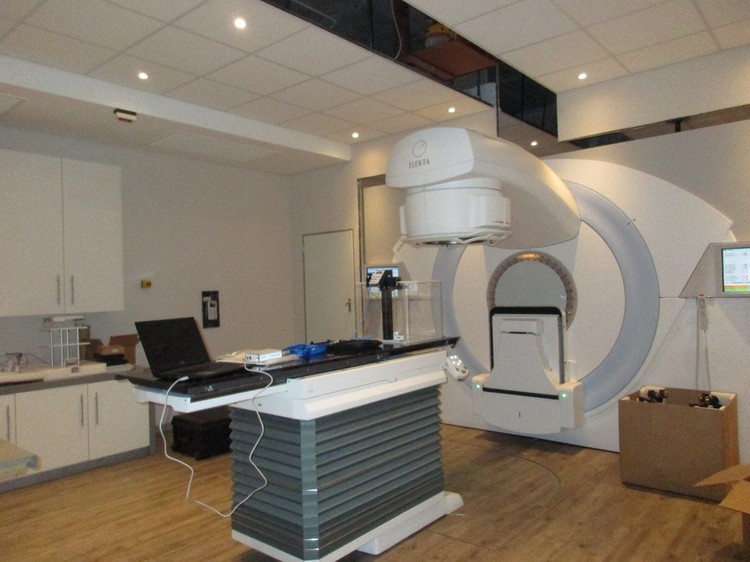
The Sunday Mail

It is a known fact that non-communicable diseases (NCDs) have overtaken HIV and Aids in terms of morbidity and mortality in the past few years.
Most NCDs are lifestyle diseases.
The World Health Organisation reports that for 2014, 138 000 people succumbed to NCDs in Zimbabwe against 63 853 HIV-related deaths.
NCDs are a medical condition or disease which are non-infectious. NCDs are diseases of long duration and generally slow progression.
These include heart disease, stroke, cancer, asthma, diabetes, chronic kidney disease, osteoporosis, Alzheimer’s disease, cataracts and many others.
Due to the myths and misconceptions surrounding cancers, many people continue to die despite the fact that most cancers are treatable.
According to the Zimbabwe National Cancer Registry (2013) the total number of new cancers recorded among Zimbabweans in 2013 was 6 548, with 2 062 cancer deaths.
Mrs Christina Muzanenhamo, a mother of three, shares with us her battle with breast cancer in which she has survived, two decades after her initial diagnosis.
“When I was first diagnosed with breast cancer back in 1997, it felt like I was given a death sentence,” narrates Mrs Muzanenhamo.
“A range of emotions ran through my mind. I was afraid who was going to take care of my children if I die. I actually went numb.”
Then her eldest child was 18 years and the youngest was only six.
As someone who always looked out for changes in her body, Mrs Muzanenhamo realised that she had a lump on her left breast while seated at home after a long day at work.
Two weeks went by and she would constantly examine her lump on a daily basis, then she confided in her husband, Mr Goodman Muzanenhamo, who then advised her to seek medical attention.
“I had a biopsy done and results came back confirming that I had breast cancer and the lump had to be removed,” she said.
“I didn’t take it lightly as I started crying uncontrollably to the extent that I didn’t want to discuss about my condition with anyone – not even my husband, my mother or my friend. When I finally told my husband he encouraged me to have it removed and reassured me that I was going to survive it.
“With my mother, it was a different situation, when I broke the news to her over the phone, it was like we were at a funeral.”
In October, Mrs Muzanenhamo’s breast was removed. And luckily for her, the cancer was still on stage one.
“For me to be alive till this day isn’t my doing but God’s will,” she says.
“It was a difficult time for me and my family as I was constantly in denial.
“I kept asking myself why this had to happen to me. But then I quickly remembered that it was God’s doing and was supposed to face anything that was thrown before me.”
She went through a series of chemotheraphy and radiotherapy sessions.
“The effects of chemotheraphy and radiotherapy took a toll on me as my hair fell, nails, inside my hands as well as below my feet all turned grey while my body turned black,” explained Mrs Muzanenhamo.
“But the support of my husband and my three children kept me going.”
Mrs Muzanenhamo has now resorted to yearly medical check-ups to counter the effects of chemotherapy and radiotherapy.
She, however, encouraged everyone battling with cancer not to resort to herbs and consulting traditional healers as a way to terminate cancer but rather visit health experts.
The survival of Mrs Muzanenhamo from breast cancer is a clear indication that cancers are treatable but what is required of people is developing health seeking behaviours and the menace of NCDs can be defeated.
Facts
– One in eight women will be diagnosed with breast cancer in her lifetime.
– Breast cancer is the mostly commonly diagnosed cancer in women
– Breast cancer is the second leading cause of cancer mortality among women
– Although breast cancer in men is rare, men can be diagnosed with breast cancer
Feedback: [email protected] or [email protected]



